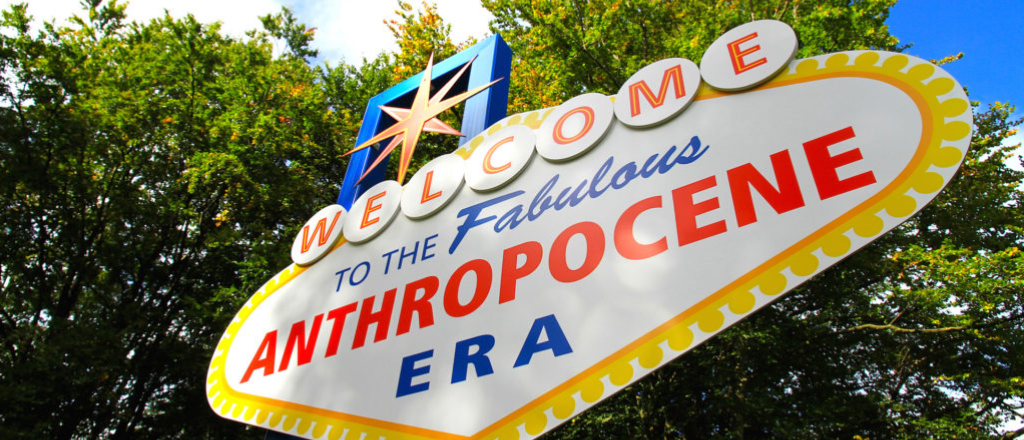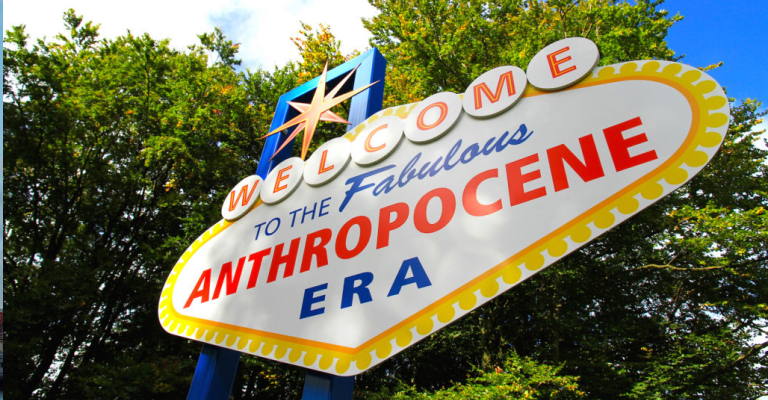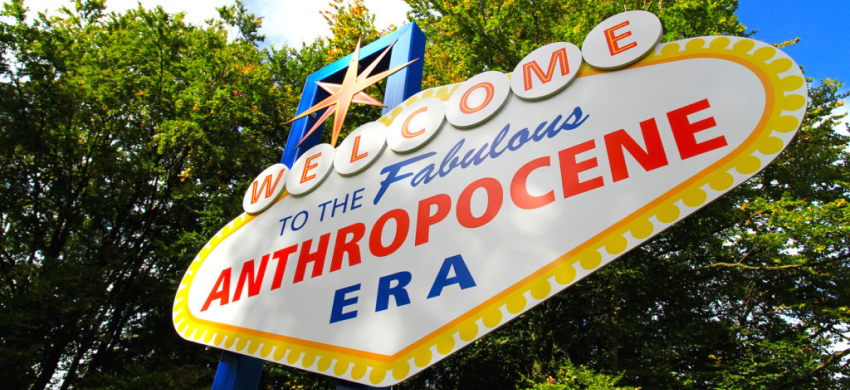The Environmental Studies capstone reflects the diversity of the major. Working with their research advisor, students envision a project that integrates the coursework as conceived in the Area of Specialisation (AofS) into a project that brings the series of often disparate courses together into a meaningful project that contributes to the existing conversations in the field. Students can choose to undertake a project based in any one of the divisions (Humanities, Social Sciences or Science) or between divisions.
This project may focus on original academic research, or it may involve analysis of an environmental problem or policy. The capstone project must further develop and extend the student’s area of interest. As such, it serves as the culminating experience of the student’s work in the major.
Identification of project and supervisor
Capstone projects in Environmental Studies are an important component of a student’s AofS, and hence must be consistent with and build upon the student’s previously approved AofS statement. Students are encouraged to begin conceptualising their projects as early as Semester Two of their third year. Prior to the end of Year Three, students will submit a preliminary indication of their capstone project and their preferred supervisors to the Environmental Studies Head of Studies (HoS). Students will complete a handful of project-focusing exercises facilitated by the capstone-module coordinator (CMC) during the summer preceding their fourth year of study. During their fourth year, the students will participate in the defense of their research proposal.
Range of topics and formats
Environmental Studies capstones may take two general forms. One is a major research project that addresses a central question within the student’s AofS. Another is an applied or creative project (e.g. documentary, performance, literary piece, visual arts) with a significant academic component that tests or illuminates an important hypothesis or question that, again, builds upon the student’s area of specialisation. There is also the possibility of doing a practical internship followed with a write up–this option must be discussed with the academic advisor and the Head of Environmental Studies.
Activities as part of the project
Students complete the following tasks as part of their project:
(i) write and present a research proposal (with a clear statement of the research question, a literature review, and a discussion of methodology) to their first and second reader by the end of week six of Semester One;
(ii) complete and submit at least one chapter or major section of their project by the end of Semester One;
(iii) submit a complete draft of the project by the deadline set by the programme and meet with their first reader to discuss detailed feedback on the draft prior to submitting the final project;
(iv) submit their final capstone project by the deadline set by the programme and defend it in an oral exam with their first and second readers during week eleven and twelve of Semester Two;
(v) attend a weekly seminar on research in the field during Semester One and meet regularly with their primary supervisor throughout the project; and
(vi) participate, on a voluntary basis, in a public presentation of capstone work at the end of Semester Two.
Format(s) of final product
The final product for a major research project will be an academic paper or multiple-chapter document in a format common to the field. The CMC will distribute specific formatting guidelines during Semester Two. The final product for an applied/creative project will be an academic paper, described above, and the applied or creative work.
Sample of past capstone topics
Here are examples of the wide range of capstone projects undertaken by our Environmental Studies students in past years:
- Soiling the Smart City: Everyday Resistance of Soil Farmers against Hi-Tech Farming in Singapore
- Requiem for Our Future: Mourning Environmental Loss Through Art
- Southeast Asian Animal Holding Institutions and ASAP Species Conservation: Challenges and Opportunities
- When the Ocean Comes to Visit: Creative Action Against Sea Level Rise
- Trash Talk: Historicising Food Waste Discourses in Singapore
- Understanding Ecosystem of Overfishing in Indonesia
- Isle on Edge: Gamifying Environmental Futures
- Feasibility of Negative Emissions Technology in Singapore
- The Changes in Public Perception Towards Fish Farms in Singapore
- The Ideal Singaporean Garden
- (De)mobilising Dams –Activist Strategies in the Patagonia Sin Represas Movement
- Open Defecation and Gender-based Violence: Evidence from India
- What Mangrove Scientists Publish, and its Implications for Mangrove Restoration
- Feeling is Believing: Affective Dimensions of Climate Activism in Singapore
- Does It Pay to be Green? An Investigation of the Corporate Green Bond Premium
- Beyond East vs West: A Comparative Study of Campus Sustainability Efforts in Liberal Arts Colleges in Asia and the US




